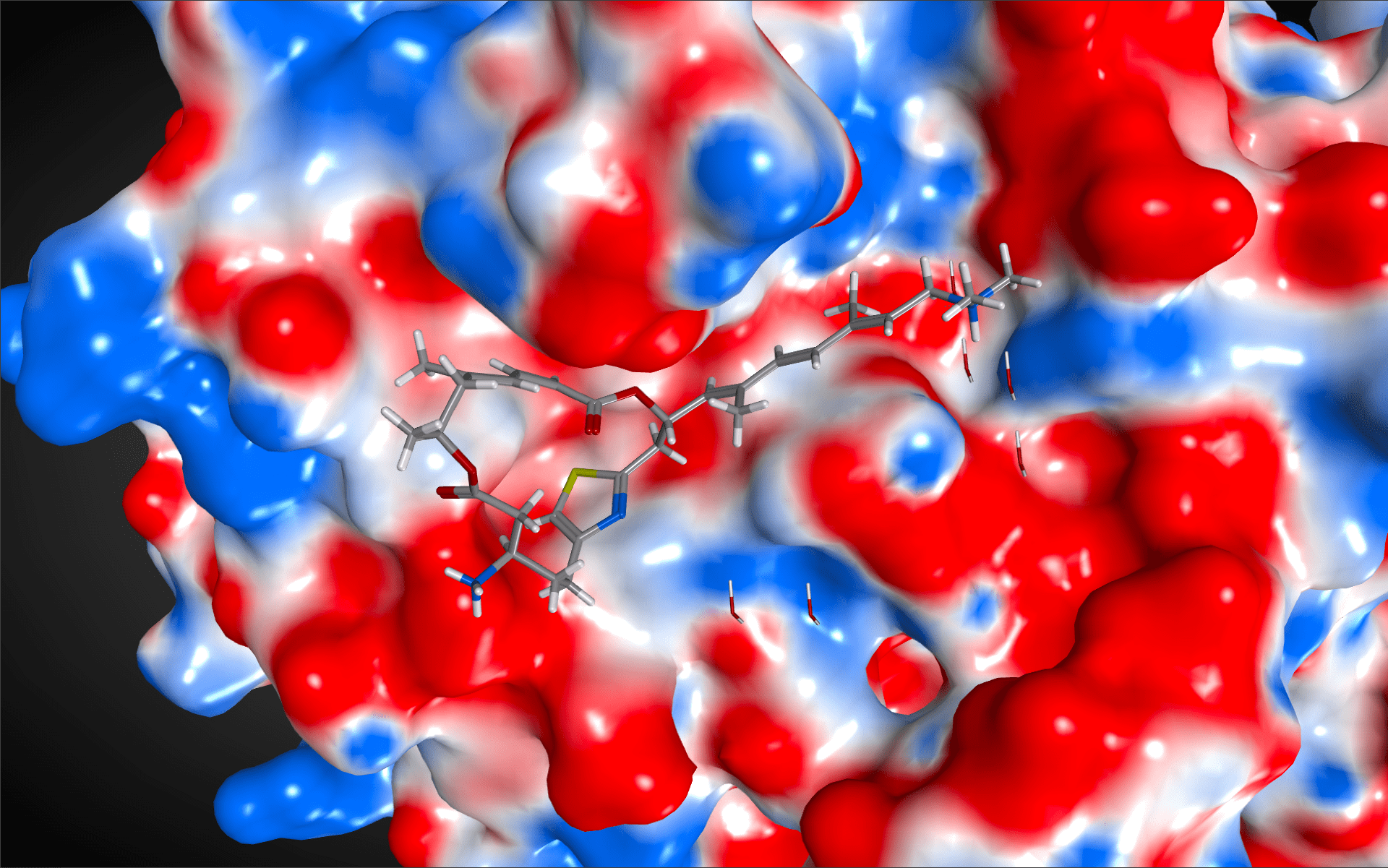THE BAYLOR UNDERGRADUATE MINIPHARMA PROGRAM
Come join Baylor Undergraduate MiniPharma!
(MiniPharma= ‘MiniPharmaceutical Company’)
Undergraduates participating in the Baylor Undergraduate MiniPharma Program will get a ‘taste’ of the pharmaceutical industry with respect to development of natural product-inspired, small molecule inhibitors as potential chemotherapeutics with a focus on early stage drug lead development for to address various human ailments. Initiated in 2011 at Texas A&M by Prof. Romo, TAMU MiniPharmers were initially engaged with synthesis, biological screening, and in silico docking experiments to develop novel dual inhibitors of two enzyme targets for cancer, fatty acid synthase and the proteasome. This led to the first MiniPharma publication in 2017.
Currently, Baylor MiniPharmers are developing novel derivatives of the marine natural products pateamine A and agelastatin A and the first publication in the latter area was published in 2021. The Baylor MiniPharma Program involves teams of undergrads providing opportunities to gain team-work and leadership skills in addition to experience with synthetic organic chemistry, biological assays, and inhibitor docking in an iterative, collaborative process as often done in the pharma industry. Team members will choose from one of the following areas: (1) molecular modeling and in silico docking with Dr. Hull using MOE (2) design and synthesis of novel natural product derivatives or (3) development of biological assays to measure bioactivity of these novel inhibitors in the Taube Lab. MiniPharmers will be engaged primarily in one area of research in a given semester but will interact with all research groups and have the ability to join another sub-group in a subsequent semester if desired.

The overall goal of the BU Undergraduate MiniPharma, as somewhat autonomous research teams, is to gain teamwork and leadership experience, get a sense of what happens in the pharmaceutical industry while also learning new research skills. The Team has regular meetings to analyze and discuss results, plan future work, and develop presentation skills. The MiniPharma Team currently consists of a Team Leader, three Group Leaders, several returning MiniPharmers and new members, and two Team Managers (currently a graduate student and a Post-Doctoral associate), along with three Faculty advisors (Prof. Daniel Romo, Assoc. Prof. Joe Taube, and Dr. Ken Hull).
In 2022, several Baylor MiniPharmers began collaborations with graduate students in the Romo Research Group to perform conformational analysis of designed natural product derivatives to compare with the starting natural product. The Baylor Supercomputer is used to perform ab initio calculations to identify low energy conformations and this is used to inform Pharmacophore-Directed Retrosynthesis strategies being pursued in the Romo Group for a number of natural products.
(We are seeking interested students for all research groups. To apply, send an application (Download Application) to Dr. Romo at ‘Daniel_Romo@baylor.edu’ that includes your resume, unofficial transcript, and completed application form found on the website. Interviews will occur toward the end of each semester.)
Publications Relevant to Current Project:
- “Functional mimicry revealed by the crystal structure of an eIF4A:RNA complex bound to the interfacial inhibitor, desmethyl pateamine A” Sai Kiran Naineni, Jason Liang, Kenneth Hull, Regina Cencic, Mingzhao Zhu, Peter Northcote, Paul Teesdale-Spittle, Daniel Romo, Bhushan Nagar and Jerry Pelletier Cell Chem. Bio. 2021, 28, 1-10. link
- “Creating novel translation inhibitors to target pro-survival proteins in chronic lymphocytic leukemia” Rong Chen, Mingzhao Zhu, Rajan R. Chaudhari, Omar Robles, Yuling Chen, Wesley Skillern, Qun Qin, William Wierda, Shuxing Zhang, Kenneth G. Hull, Daniel Romo, William Plunkett Leukemia 2019, 33, 1663–1674. link
- “Second-generation derivatives of the eukaryotic translation initiation inhibitor pateamine A targeting eIF4A as potential anticancer agents” Woon-Kai Low, Jing Li, Mingzhao Zhu, Sai Shilpa Kommaraju, Janki Shah-Mittal, Ken Hull, Jun O. Liu, Daniel Romo Bioorg. Med. Chem. 2014, 22, 116-125. link



